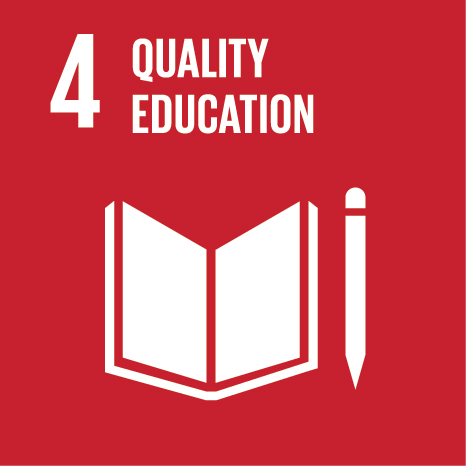 +265(0)111 624 222
+265(0)111 624 222 research@unima.ac.mw
research@unima.ac.mw Chirunga-Zomba, Malawi
Chirunga-Zomba, Malawi
Decoloniality as Democratic Change Within Higher Education
Abstract
In this chapter, Yusef Waghid and Chikumbutso Herbert Manthalu argue that decoloniality is in principle an ideal of democracy since sustenance of democracy is constitutive of the civic role of higher education. For a university to fulfil its democratisation role, it is imperative that the university be non-paternalistically and incessantly connected with the lived experiences of the society in which it exists, critically unearthing the impediments to democratic flourishing peculiar to individuals in a society and suggesting transformation approaches. Since democracy is also a social ideal, the university must engage the concrete rather than only generic challenges of the human condition by being responsive to structures of oppression that are uniquely embedded in different societies. The authors therefore contend that a university must engage the perspectives of the community without initially demanding that such perspectives be modelled in the hegemonic perspectives that typify higher education. For higher education to achieve this, there must be open dialogue, where the hitherto marginalised indigenous otherness and its epistemologies are understood as they are. Besides such openness and dialogue, the authors argue that there must be a removal of structural barriers regarding the constitution and scope of higher education to make such form of education accommodative of otherness. Equally indispensable in rendering African higher education democratic is the need for academic institutions themselves to reach out to the marginalised indigenous epistemologies because the power imbalances in relationships under the prevalent hegemonic neo-liberal global order render it difficult for indigeneity to reclaim its legitimate place in academic spaces singlehandedly. Ultimately, the authors argue that the university is a potentially double-edged sword that may either reproduce the inequalities of its society as a unit of society or, as a potent agent of democratisation, it may achieve democratic transformation of a society by necessarily being grounded in local concreteness.
| Original language | en |
| Pages (from-to) | 47-68 |
| Publication status | Published - 2019 |
UN SDGs
This research output contributes to the following United Nations (UN) Sustainable Development Goals (SDGs)

License
https://www.springer.com/tdmUN SDGs
This research output contributes to the following United Nations (UN) Sustainable Development Goals (SDGs)

License
https://www.springer.com/tdmUN SDGs
This research output contributes to the following United Nations (UN) Sustainable Development Goals (SDGs)

License
https://www.springer.com/tdm